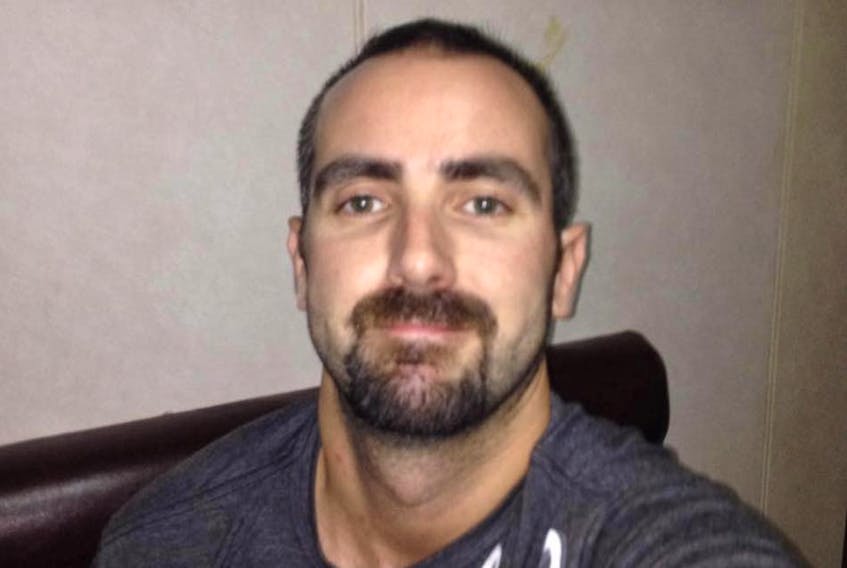ST. JOHN'S, N.L. — Rotational workers in Newfoundland and Labrador have had enough, and the government seems to know it.
In a spontaneous statement released Tuesday afternoon, the provincial Department of Health recognized the growing pressure on Public Health to ease up on 14-day isolations for workers returning to the province from outside the Atlantic region.
“In an effort to improve work-life balance, Public Health is preparing to introduce changes to the current self-isolation guidelines for rotational workers within Canada,” the statement said.
“Rotational workers have made tremendous sacrifices to help slow the spread of COVID-19 in our communities. The concerns of these individuals and their families have been heard, and discussions are ongoing as to how to make life a little bit easier, while ensuring the health and safety of all Newfoundlanders and Labradorians.”
“It mentally takes a toll on you. You can’t see nobody. You’re stuck in a basement. Yes, you can go out for walks, but there’s only so many walks you can go on in a day". — Craig Connors
The statement is short on specifics, but seems to suggest the government is ready to relent as workers step up their lobby for relief after six months of being forced to stay away from public premises for the first two weeks of their return.
“It mentally takes a toll on you,” Craig Connors of Mount Pearl said when contacted Tuesday. “You can’t see nobody. You’re stuck in a basement. Yes, you can go out for walks, but there’s only so many walks you can go on in a day.
"I’d like to go to the grocery store, or go up to Costco, or take the family out camping. I mean, you can’t do any of this.”
Connors works on a vessel with the shipping company Algoma, and says he and his workmates have to observe strict measures while working. They can’t even go ashore when the vessel docks.

He’s one of the lucky ones, he says. He gets to come home for a month, so he’s liberated for the last half of his visit. Other workers have to isolate for the entire 10 or 14 days that they’re home.
Connors says 2,800 people have joined a rotational worker Facebook page in the past week, and a petition has garnered more than 5,000 signatures.
What’s worse, Connors says, is that the increased number of exemptions to a provincial travel ban makes them just as susceptible to infection as everyone else.
“A rotational worker has been safe on their worksite, whether it was in Alberta, on a ship or up north. Now all these non-residents are coming in on the same flight as the rotational worker and putting this rotational worker (at risk).”
He says they’re being treated like second-class citizens.
What do they want?
Connors points to New Brunswick, which dropped its self-isolation rules for rotational workers in June and opted for a regime of testing and self-monitoring instead.
Until something happens, Connors says he’s not impressed with vague assurances.
“This news release today means nothing,” he said. “We want to see changes.”
Peter Jackson is a Local Journalism Initiative reporter covering health for The Telegram









